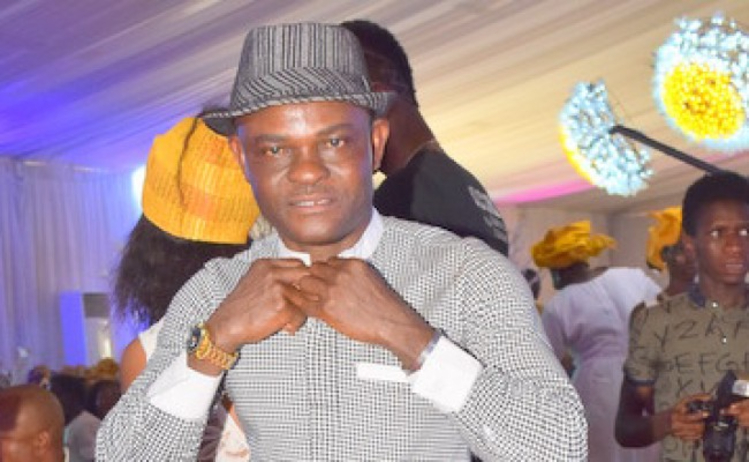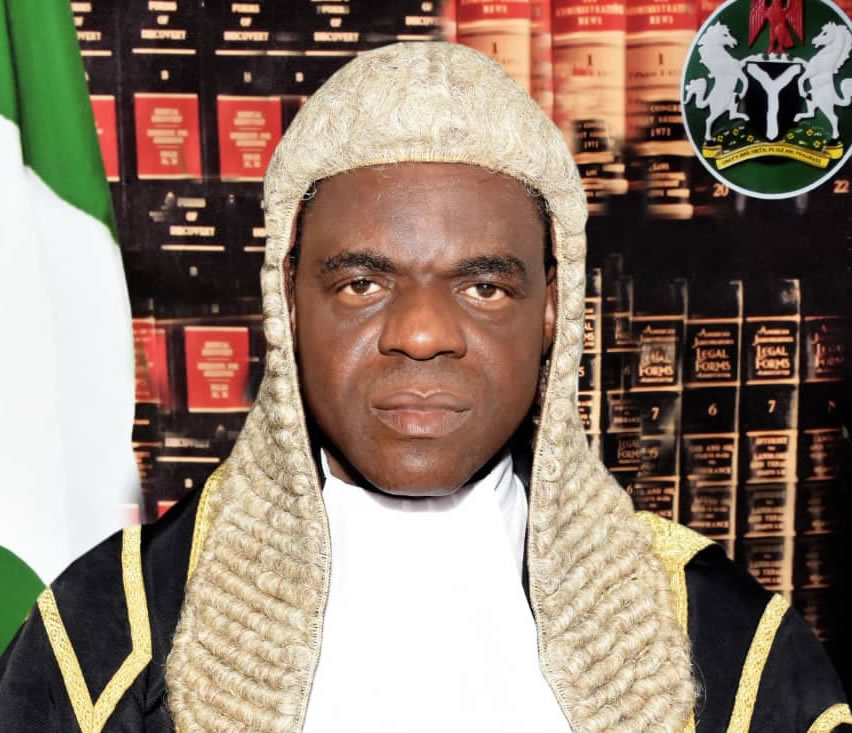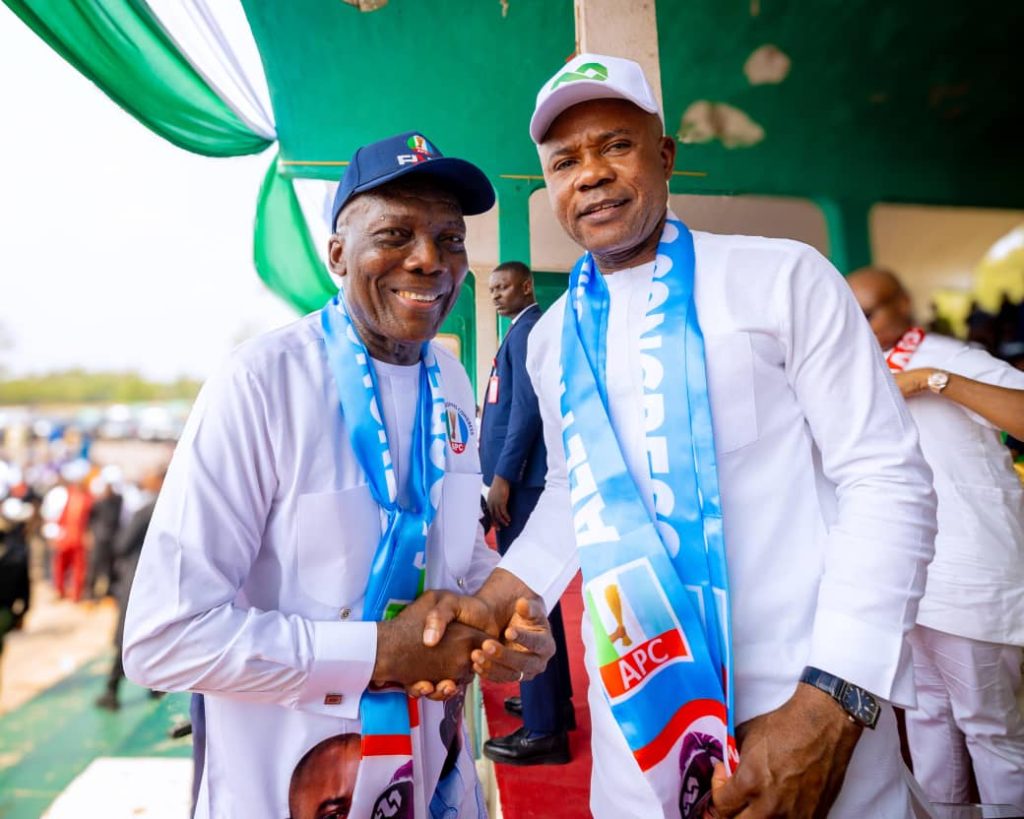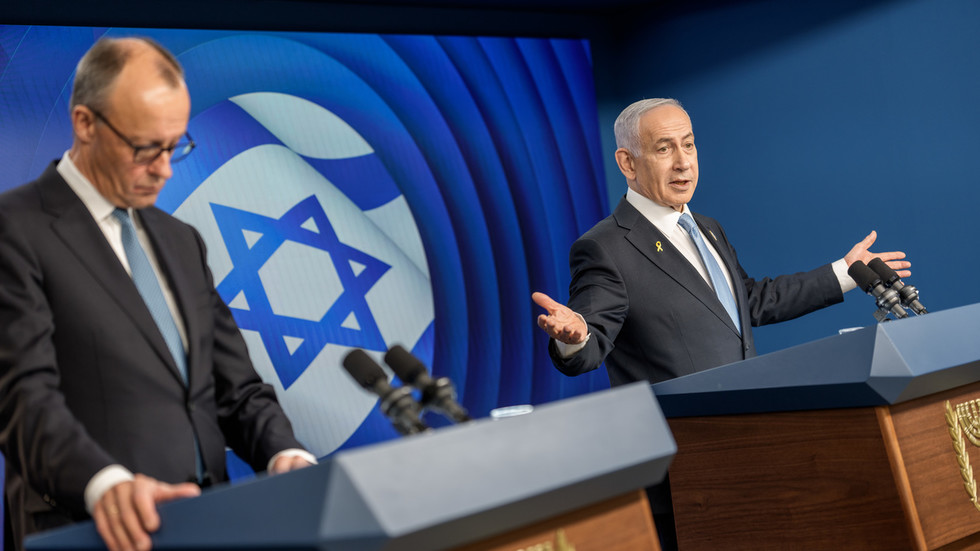Nigerian lawyer and activist Dr. Maxwell Opara has asserted that President Bola Ahmed Tinubu faces significant vulnerability in the 2027 elections, following remarks by former Transportation Minister Chibuike Amaechi, who recently claimed he could easily defeat his former ally. The exchange, unfolding amid growing political tensions, underscores deepening divisions within Nigeria’s ruling circles and public frustration over economic hardship.
Amaechi, a former Rivers State governor and ex-member of the ruling All Progressives Congress (APC), declared during a weekend interview that he could triumph over Tinubu if elections were held today. However, Opara, speaking on Arise TV’s News Day, dismissed Amaechi’s confidence as misplaced, arguing that any credible challenger could unseat the incumbent president under current conditions. “Nigerians are angry and tired of this administration,” Opara stated, citing economic struggles, perceived government waste, and controversial decisions—including the handling of separatist leader Nnamdi Kanu’s detention—as catalysts for widespread discontent.
“The electorate isn’t focused on who replaces Tinubu; they simply want change,” Opara emphasized. He named high-profile figures like former Vice President Atiku Abubakar, ex-Kaduna governor Nasir El-Rufai, and Labour Party stalwart Peter Obi as potential contenders capable of capitalizing on anti-APC sentiment. While Amaechi signaled interest in contesting under the African Democratic Congress (ADC), Opara dismissed his chances, claiming the opposition party’s ticket is reserved for Atiku. “Amaechi should forget the ADC. That ticket isn’t even going to Peter Obi—it’s Atiku’s,” he said bluntly, adding, “If he thinks otherwise, he needs to wake up from that dream.”
The remarks reflect heightened jostling ahead of Nigeria’s next electoral cycle, with Tinubu’s administration grappling with inflation, currency devaluation, and security crises. Analysts note that while opposition figures are increasingly vocal, coordination among rival parties—or lack thereof—could determine whether anti-Tinubu sentiment translates into electoral success. Amaechi’s departure from the APC last month further signals potential realignments, though his ability to rally support outside the ruling party remains untested.
For now, Opara’s critique amplifies a recurring theme in Nigerian politics: incumbents often face fierce backlash amid economic distress. With three years until polls open, the pressure on Tinubu to reverse the nation’s trajectory—or risk becoming the latest casualty of voter discontent—will likely intensify.



